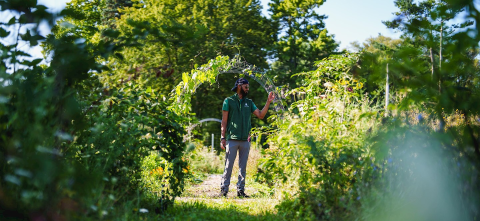
Spartan Science Protects the Food on Your Table
From apples to potatoes and from farm fields to your family table, MSU researchers are helping ensure that fresh, healthy food stays available, affordable and safe.
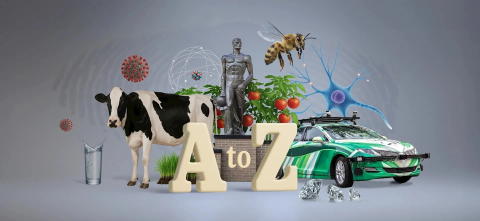
MSU Research A to Z
Explore 26 ways Spartan research is improving lives — from A to Z. These examples offer just a glimpse into the wide-ranging impact Spartans are making every day through discovery and innovation.
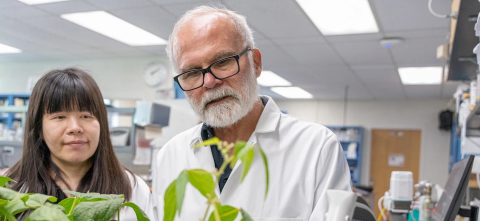
Some Plants Make Their Own Pesticide — But at What Cost to the Atmosphere?
A natural alternative to pesticides may be hiding in a misunderstood plant compound, but it could come at an environmental cost. New Michigan State University research 40 years in the making now sheds light on how this natural chemical can repel insects.

MSU a Top 40 Institution Among US Universities Granted Patents
Michigan State University has been named one of the top 40 institutions in the Top 100 U.S. Universities ranking by the National Academy of Inventors, which recognizes universities granted the most utility patents each year.

MSU Water Alliance Supports Interdisciplinary Research, Community Partnerships in Second Year
The MSU Water Alliance is helping faculty connect across disciplines, supporting student and young professional research, and turning scientific expertise into real-world solutions.
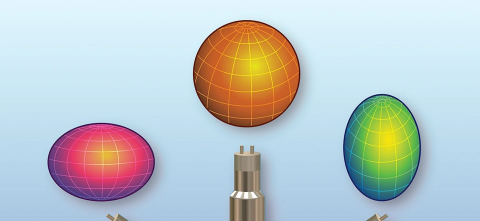
FRIB Researchers Use SuN to Shine Light on Exotic Nuclear Shapes
A team of researchers at the Facility for Rare Isotope Beams, or FRIB, at Michigan State University discovered that cobalt-70 isotopes form different nuclear shapes when their energy levels differ only slightly. The findings, published in Nature Communications Physics, shed light on the dynamic, complex nature of exotic nuclear particles.

New MSU Research Shows Stronger Communication Results in Stronger Construction
When it comes to constructing complex buildings that involve architects, engineers and construction professionals, it’s not just engineering that matters, it’s also how people talk to each other. New interdisciplinary research from Michigan State University found that better team communication and collaboration can dramatically improve the performance of large-scale construction projects.
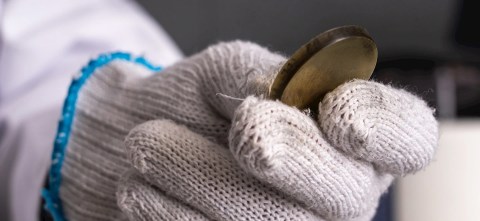
Rooney Searches for Clues to Why Continents Break Apart
Millions of years ago, nearly all of Earth’s continents were fused together in one giant land mass called Pangea. That is, until tectonic forces split them apart in a phenomenon called continental rifting. Tyrone Rooney has spent his career solving the mystery of how rifting works.
Announcements
